Are you trying to decide between a propane generator and a gas generator? I have great news for you! Our team here at Generatorist has helped over 600,000 visitors find information about generators and we will help you as well.
Let’s begin.
THE KEY TAKEAWAY:
Propane generators are ideal for home backup and heavy-duty power needs, offering quiet operation, impressive power output, and an eco-friendly profile. Propane does not expire, making it suitable for infrequent use. However, propane generators are generally more expensive and less energy-efficient.
On the other hand, gas generators are more energy-efficient, providing more power per gallon of fuel. They offer a wide range of portable options, making them suitable for camping and outdoor activities. Gas generators are also more affordable, but gasoline can be subject to price spikes during emergencies. Gasoline has an expiration date, requiring careful storage and management.
For home backup power, propane generators are recommended due to their higher wattage output and convenience in fuel storage. If you have a limited budget or need portability for frequent outdoor use, a gas generator may be a better option.
If you’re thinking about investing in a portable generator, you’ll have several choices to make. For one, you’ll need to decide how much power you need.
You’ll also need to figure out how much you’re willing to spend and which brand of generator you want to go with. In addition to those important considerations, you’ll want to determine whether a gas or propane generator is a better fit.
You may think there’s not much difference between the two types of generators, but truthfully, each kind has its own pros and cons.
Pros of Propane Generators
FUEL DOESN’T EXPIRE
With a propane generator, you never need to worry about the fuel expiring. Unlike gasoline, propane doesn’t have any expiration date.
Even if you rarely need to use your generator, there’s no need to be concerned about the fuel eventually going bad.
QUIET OPERATION
Although just about every portable generator will be a bit noisy, propane-powered units tend to be significantly quieter than gasoline-powered ones.
If you plan to use your generator for camping or home backup, then being able to maintain peace and quiet might be a priority. In that case, a propane generator is a good option.
IMPRESSIVE POWER
If you need a generator with quite a bit of power, you should definitely consider a propane generator.
Although the number of watts generated will vary with any type of generator, those with propane-powered engines tend to offer more power than those that use gasoline.
IDEAL FOR HOME BACKUP
As propane generators produce quite a bit of power, they are the perfect machines to power your home during blackout.
A propane based generator can power your home for up to 5 days and it has an unlimited shelf life, so you don’t have to worry about possible interruptions.
ENVIRONMENTALLY FRIENDLY
Propane generators are known for being more eco-friendly than gasoline generators.
The following statistics have been provided by the National Propane Gas Association:
“On average, propane-powered engines emit 12 percent less CO2 and 60 percent less CO than gasoline-powered engines. They also produce 80% fewer smog-producing hydrocarbon emissions and 90% fewer NOX emissions than diesel engines.”
If reducing your carbon footprint is a priority, a propane generator would be a great choice.
SUMMARY OF PROS:
- Fuel doesn’t expire
- Quiet operation
- Impressive power
- Ideal for home backup
- Environmentally friendly
Cons of Propane Generators
EXPENSIVE
Although it’s certainly possible to find affordable propane generators, they are more expensive on average than gas-powered units. On the other hand, propane as a fuel source is cheaper than gasoline.
However, the final price of propane tends to fluctuate based on demand. (U.S residential propane prices increased 30% during the winter heating season 2020 – 2021)
INEFFICIENT
Generally, propane-burning engines aren’t able to operate as efficiently as many other types of generators.
If you’re concerned about how much you’ll be spending on fuel, then you may want to take energy efficiency into account when deciding which type of generator to purchase.
A PROPANE TANK IS REQUIRED
As propane comes in tanks, you will need to connect your new generator to the fuel tank and this will increase the initial costs. You will need to pay a qualified professional to ensure that it is done correctly.
SUMMARY OF CONS:
- Expensive
- Inefficient
- A propane tank is required
Pros of Gas Generators
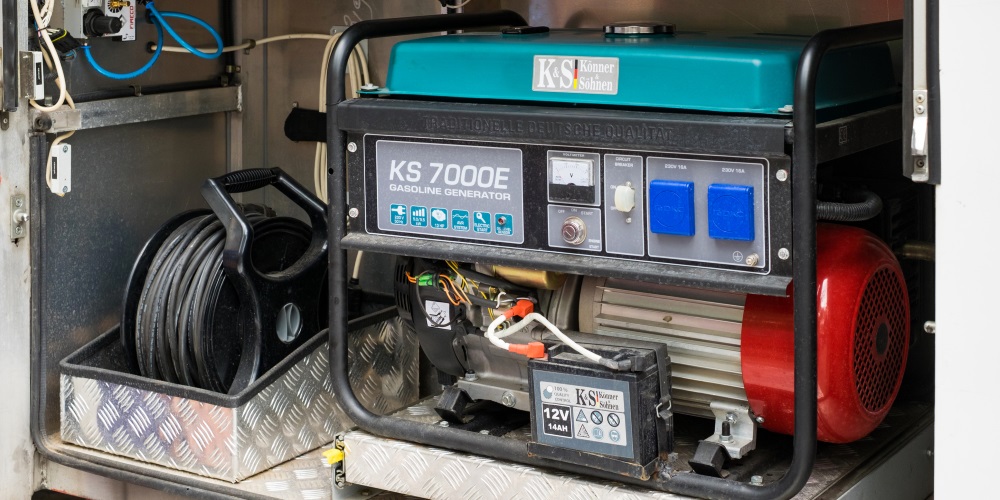
Like propane generators, gasoline generators come with their own set of pros and cons.
ENERGY-EFFICIENT
When running a generator, you’ll receive much more power per gallon of fuel if you’re using gasoline as opposed to propane.
Granted, the efficiency of generators varies depending on the specific model, but on average, you’ll receive much better efficiency from a gas-powered unit.
MORE PORTABLE OPTIONS
Typically, you’ll have more models of portable generators to choose from when looking at gas-powered equipment.
Plenty of propane-powered portable generators exist, but they aren’t as common or diverse as gasoline-burning units.
AFFORDABLE
If you’re working with a budget, it’s worth considering that gas generators are usually more affordable than propane generators.
This isn’t always the case, but you’ll have a much easier time finding a gas generator if you’re searching for a quality unit that’s also affordable.
FUEL IS EASY TO ACQUIRE
Under normal circumstances, gasoline is extremely easy to acquire and more common than propane.
So, you should have very little trouble keeping your gas generator fueled.
SUMMARY OF PROS:
- Energy-efficient
- More portable options
- Affordable
- Fuel is easy to acquire
Cons of Gas Generators
EXPENSIVE FUEL
Although gasoline is usually easy to find, it can also be somewhat expensive.
Particularly in emergency situations, the price of gasoline has been known to spike. Plus, the price can be volatile on a year-to-year basis.
FUEL CAN EXPIRE
Unlike propane, gasoline will eventually expire if it sits around for long enough. So, if you want to keep the fuel for your gas generator usable, you need to be careful about how you store it and how long you wait to use it.
If you don’t use your generator all that often, this can lead to some inconvenience.
NOT AS ECO-FRIENDLY
While it’s certainly possible to find gas generators that are relatively eco-friendly, they emit more harmful byproducts than propane generators on average.
SUMMARY OF CONS:
- Expensive fuel
- Fuel can expire
- Not as eco-friendly as propane generators
The Efficiency of Gas vs Propane Generators
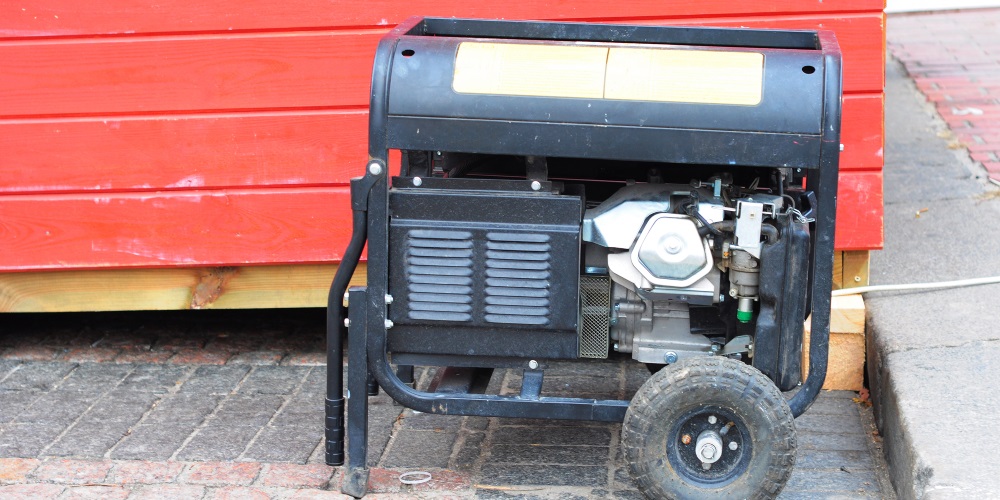
When you’re deciding which type of generator is the best fit for your needs, you’ll certainly want to consider how much each type costs to operate.
To figure that out, you need to look at both the energy efficiency and the cost of fuel. As you learned above, gas generators tend to be more energy-efficient than propane generators.
So, if you used a gallon of each type of fuel, you’d get more power from the gallon of gasoline. However, that doesn’t necessarily mean that gas generators are cheaper to operate.
Although the prices of gas and propane can vary depending on the area and time of year, gasoline, on average, tends to be more expensive per gallon than propane.
Even though you’ll be getting more power from a gallon of gasoline, you may also be spending more money on it than on a gallon of propane.
So, which fuel type ends up being more cost-effective? Ultimately, it’s close enough that the answer comes down to the specific models of generators that you’re comparing.
Usually, though, the price to run a gas generator is very comparable to the cost to run a propane generator. However, gas generators tend to be just a bit more cost-effective, but the difference is often negligible.
Comparing the Run Time of Gas and Propane Generators
Another factor worth considering is how long each type of generator can typically run before running out of fuel. Because fuel tanks can be a variety of different sizes depending on the specific generator, there’s no universal answer.
However, if you assume that the generators you’re comparing both have equally sized fuel tanks, then the gas-powered generator will be able to run for longer (assuming the same load).
Since gas generators are more energy-efficient, they don’t burn through fuel as quickly as propane generators.
Every individual generator will have its own maximum run time, but on average, you may get several extra hours from a full fuel tank if you’re using a gas generator.
Storing Gasoline vs Storing Propane
Whether you’re storing gasoline or propane, there are certain things you’ll have to keep in mind. Because propane doesn’t expire, you can store it for as long as you like without worrying about it going bad.
However, since it’s a hazardous material, you have to keep it stored in a certified cylinder or storage tank.
With gasoline, you have to keep in mind that it will typically degrade after about a year on the shelf. Additionally, it’s very flammable, so you have to be very careful that you’re storing it somewhere that won’t pose a danger to you or anyone else.
For these reasons, most people find that propane is much more convenient to keep stored than gasoline.
The Occupational Safety and Health Administration (OSHA) fact sheet provides some valuable tips for using generators safely:
- Generators become hot while running and remain hot for long periods after they are stopped. Generator fuels (gasoline, kerosene, etc.) can ignite when spilled on hot engine parts.
- Before refueling, shut down the generator and allow it to cool.
- Gasoline and other generator fuels should be stored and transported in approved containers that are properly designed and marked for their contents, and vented.
- Keep fuel containers away from flame producing and heat generating devices (such as the generator itself, water heaters, cigarettes, lighters, and matches). Do not smoke around fuel containers. Escaping vapors or vapors from spilled materials can travel long distances to ignition sources.
- Do not store generator fuels in your home. Store fuels away from living areas.
Powering Your Home With Gas vs Propane Generator
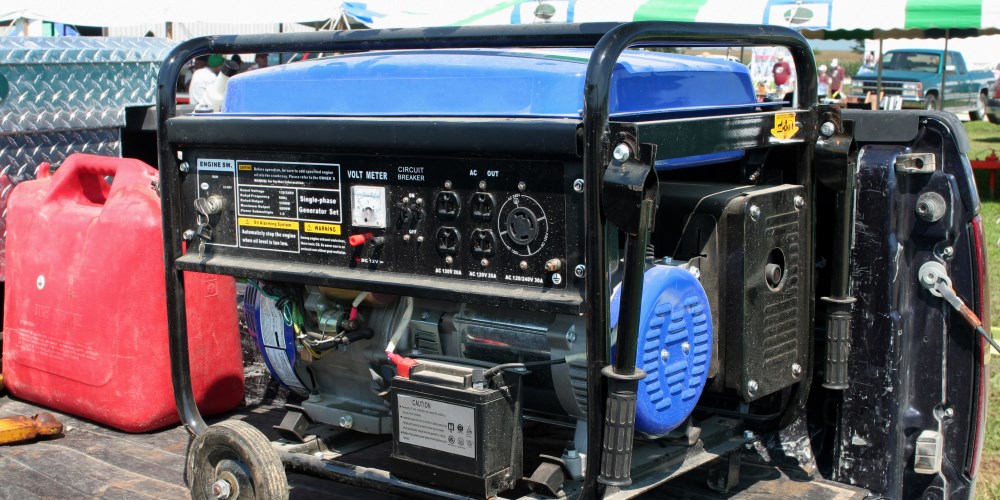
One of the most common reasons that people purchase generators is to power their homes in case of emergency. If you experience a power outage in your home, having a reliable generator can be a lifesaver.
It can allow you to keep your food from spoiling, use your appliances, keep the lights on, and run your heater and air conditioner. So, are gas or propane generators typically better choices for home backup power?
In most cases, you’ll be better off going with a propane generator if backing up your home is your top priority. For one thing, propane generators tend to offer more watts of power, meaning they’ll be more equipped to keep all aspects of your household running during a power outage.
Additionally, if your main purpose for buying a generator is home backup, you may not be using the device all that often. You may want to keep your fuel stored for a prolonged period, and that’s significantly more convenient with propane.
Finally, there’s the fact that during emergency situations, gasoline often becomes much harder to acquire.
That said, there are many gas generators that are solid choices for home backup power. However, going with a propane generator will likely be more convenient, and you’ll probably have more choices when shopping for suitable units.
When Should You Go for a Propane Generator and When for a Gas Generator?
As mentioned above, a propane generator is typically an excellent choice if your main priority is having backup power available for your household. Propane generators are also good options whenever you need heavy-duty power.
Some examples are powering a construction job site or operating a mobile business. Additionally, if you’re committed to minimizing your carbon footprint, a propane generator will help you achieve that goal by being very eco-friendly.
Finally, if you expect that you’ll only need to use your generator once every year or two, you may prefer to use a propane-powered generator, as it will be no problem to store the fuel indefinitely.
There are also situations in which a gas generator is a wonderful choice. Gas generators are generally less expensive than propane generators, so if you don’t have all that much to spend, going with one may be your best option.
Gas generators are also great options if you intend to frequently take your advice on the road with you. For activities like camping, RV travel, and tailgating, gas generators tend to be excellent choices.
There are numerous portable gas generators available, and those types of activities typically don’t require heavy-duty power.
The Bottom Line
Now that we’ve examined gas generators and propane generators, you can see that both types of equipment have their benefits and purposes.
There are many high-quality models to choose from for each type of generator, and both gas and propane generators tend to be durable and reliable devices.
Ultimately, when you’re trying to make your choice, you simply need to take some time to evaluate your needs, priorities, and preferences.
If you think it through, you should be able to determine which type of generator will serve you best.
READ NEXT ON GENERATORIST:
- Choosing the Best Generator for Your Household
- What Size Generator Do I Need to Run a Refrigerator?
- Best 2000 Watt Portable Generators
- Power Consumption of Household Appliances
- How to Store Your Portable Generator: Short Term & Long Term Storage Tips
- Champion Generators Spark Plug Gap & Socket Size Guide
- List of Electric Appliances & Their Wattage Usage
- What Can You Run on a 2000 Watt Generator?
- How to Easily Tune Up Your Generator
- What Is an Inverter Generator & How Does It Work?
- Predator 3500 Generator Oil Type, Capacity & Change Interval Guide
About Generatorist

Matthew Gerther
Founder, Generator enthusiast
Our aim here at the Generatorist is to become the No. 1 resource for all things related to generators & your power needs. We have helped over 600,000 visitors with our tips, articles and reviews and we will help you as well.
Our work has been featured in many publications around the world – Yahoo.com, Telegram.com, PaylessPower.com, PopSci.com, TopTenReviews.com, TechRepublic.com, iRV2.com, ThePrepared.com, Renogy.com or ADT Solar. Generators are our passion, and we strive to provide the most reliable & most comprehensive information out there.

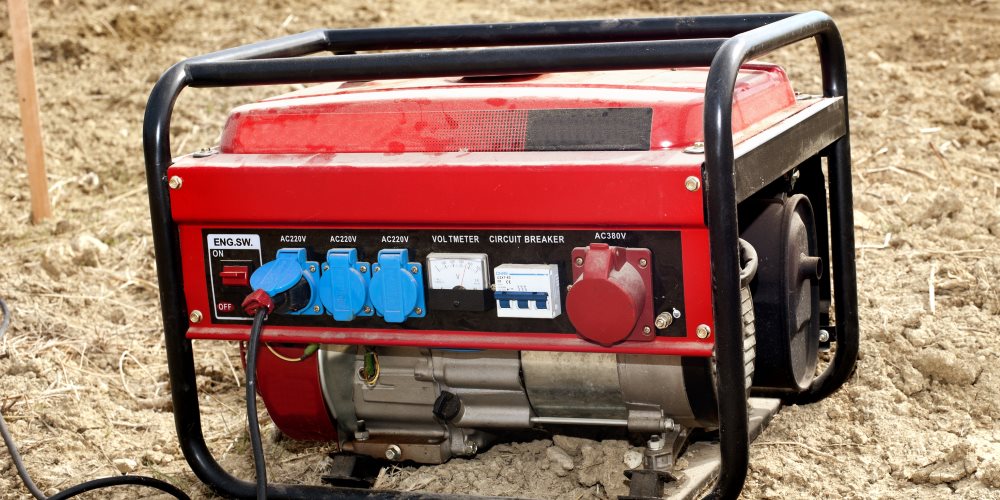


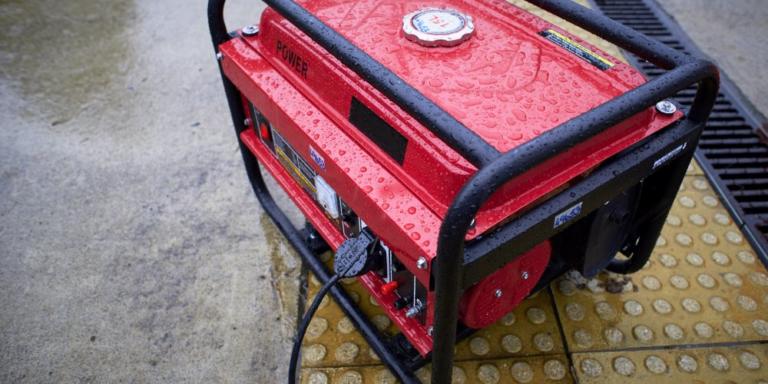
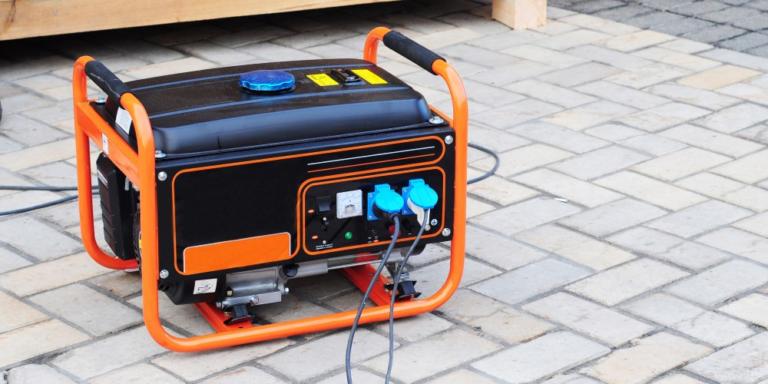
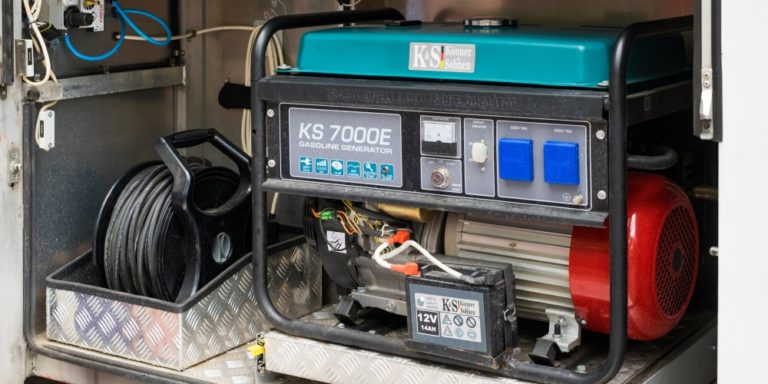
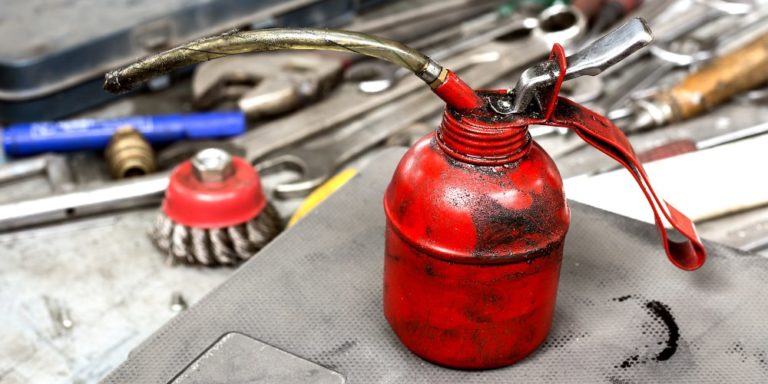


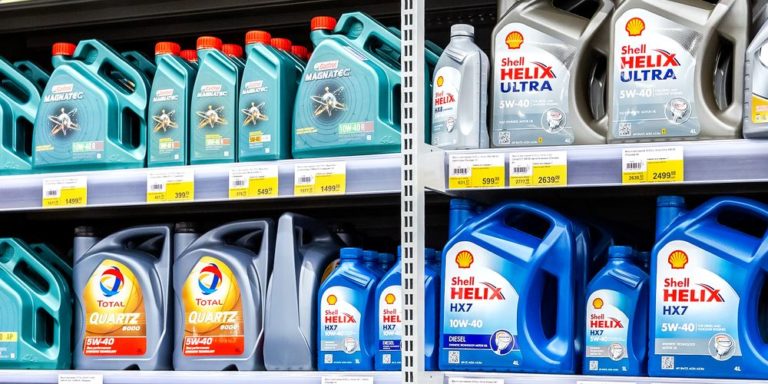
2 thoughts on “Propane vs Gas Generators: The Pros & Cons of Both Fuels”
It was informative when you explained that one of the benefits of propane generators is that the fuel doesn’t have an expiration date. If you are going to utilize a propane generator, I would think that it would be a good idea to have multiple tanks stored. You would probably want to have enough propane to keep the generator going for a couple of days.
Bullshit, Generators on Propane have a LOWER rated output then when used with Gasoline.